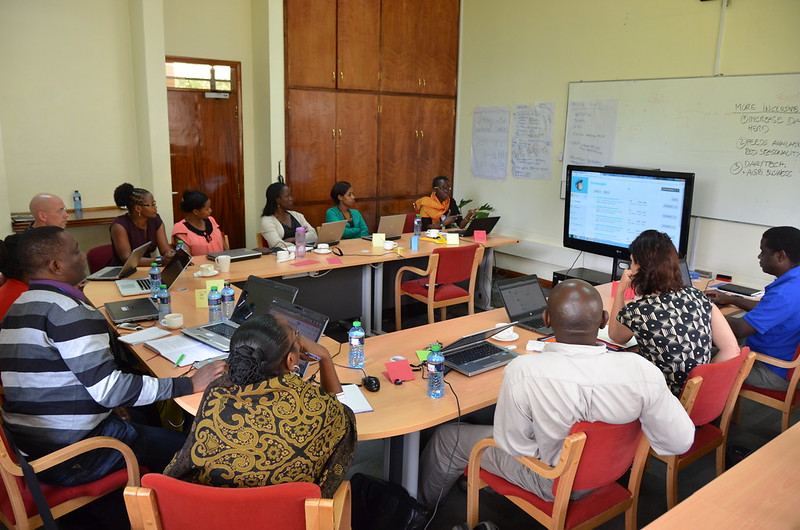To overcome this problem, schools across the continent must rise to the challenge of equipping graduates with current skills, including those that foster entrepreneurship.
In Africa, training programs do not follow public policies. While there is great interest in entrepreneurship, training is struggling to give young people the skills to do so. This is one of the conclusions of the report of the Alliance for African Partnership (APP), a US-African consortium, entitled The Youth Entrepreneurial Ecosystem for Sustainable Development in Sub-Saharan Africa, published recently.
The report is a collaboration between Michigan State University in the United States and partner universities from all parts of the continent. It is based on a sample of 304 people from 9 African countries namely: Kenya, Uganda, Tanzania, Botswana, Malawi, Senegal, Nigeria, Mali and South Africa.
The study notes the failure of programs to train young people to become self-employed, and calls on African higher education institutions to strengthen entrepreneurship education and training.
Indeed, African youth do not have enough good skills to develop beyond seeking employment in the public sector. By giving very little space to innovation and creativity, training is unfavorable to young people who want to embark on entrepreneurship. As a result, several start-ups do not resist over time.
For Richard Mkandawire, director of the AAP Africa office, who signed the foreword to the report, it is important that entrepreneurship education programs are introduced into the education system, starting at primary level.
A task that must be carried out in collaboration with the private sector. This approach would avoid having generic entrepreneurial training with a gap between theory and practice, as is the case in several universities in the countries targeted by the study.
On the other hand, it should be noted that graduates of vocational training establishments have it easier. In Kenya, for example, technical and vocational education and training (TVET) graduates are ready to be employees or entrepreneurs, in part because of the training and vocational skills development during their training.
Similarly, universities and vocational programs in Mali and Malawi are more likely to promote self-employment training.
However, the study reveals that beyond training, access to funds, technology, land, ICT and markets is also important to boost entrepreneurship.
Thus, collaboration between the private sector, governments, education and training institutions and financial institutions could help young people become successful entrepreneurs.




















Réagissez à cet article